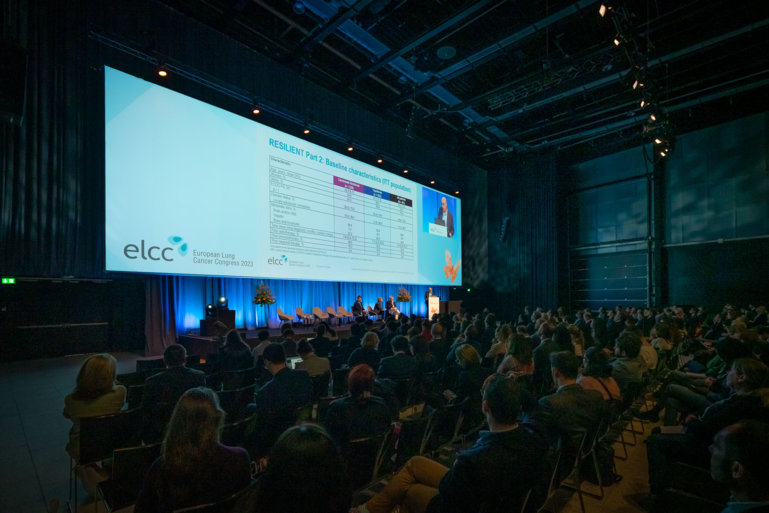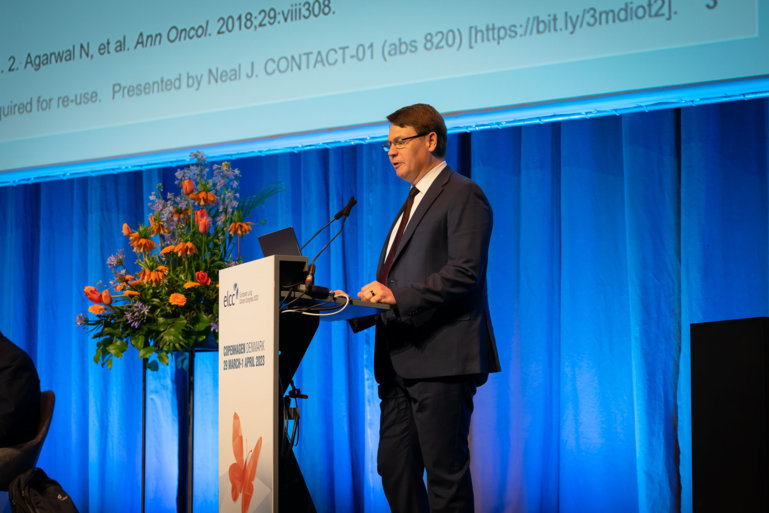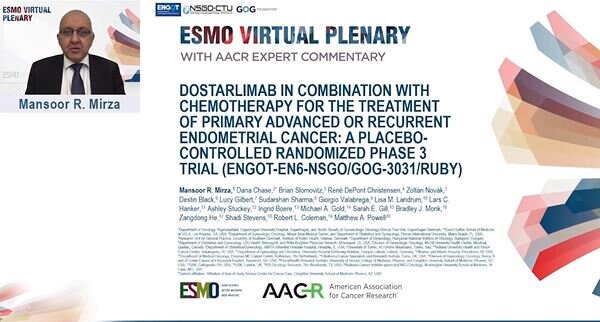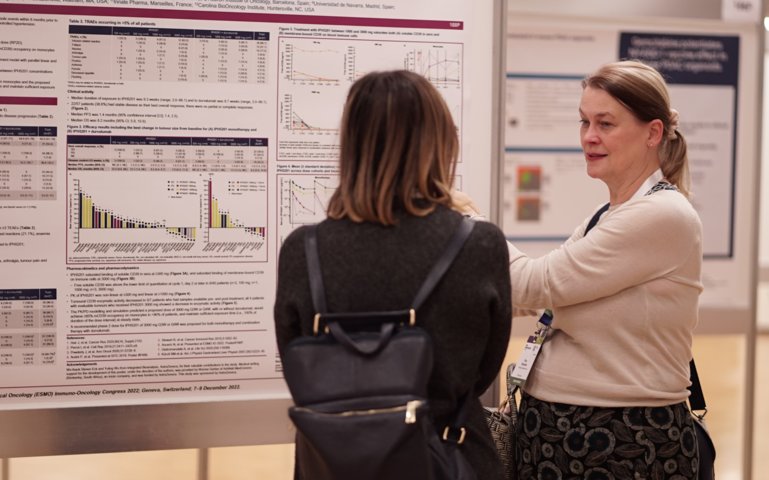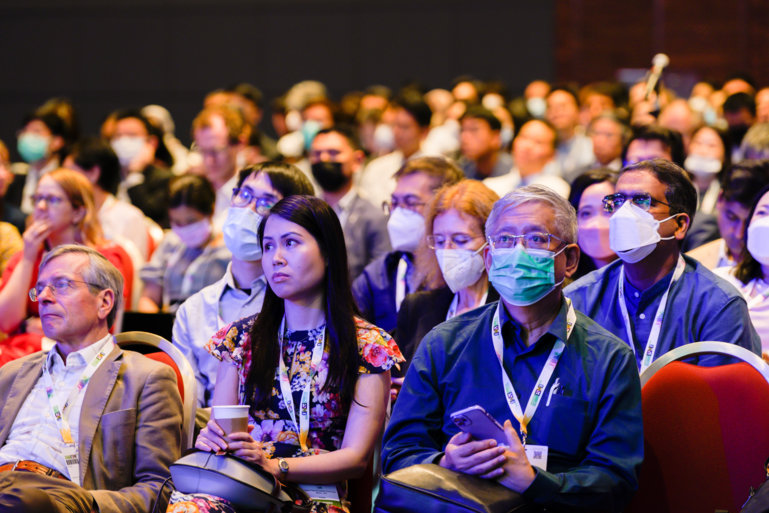
Extended safety information and PROs data support key trial results in metastatic breast cancer
Data presentations from DESTINY-Breast04, DESTINY-Breast02 and EMERALD trials confirm the value of trastuzumab deruxtecan and elacestrant in this setting, despite moderate drop-out rates for PROs

